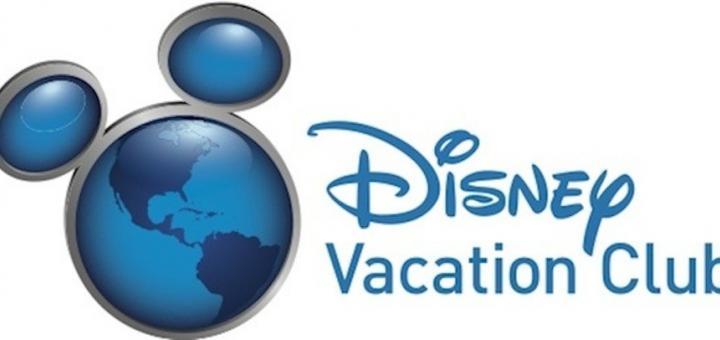DVC Rule Changes Make Using a Travel Agent Smarter
Are you familiar with the Disney Vacation Club (DVC)? It’s a kind of timeshare system that The Walt Disney Company introduced in 1991. Some frequent Disney visitors, myself included, have bought into the program to save money on Disney vacations. Yesterday, DVC dramatically altered some of its rules. Here is what you need to know about the changes and how they impact you.
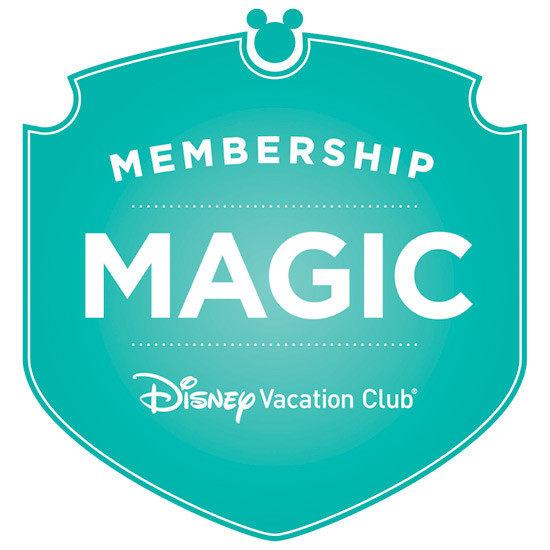
The Basics of DVC
Through the Disney Vacation Club, guests can “buy” membership points. DVC owners may exchange these points for a stay at a hotel at one of 14 current DVC properties. Eleven of these resorts are hosted at Walt Disney World and Disneyland hotels. Disney generally adds individual rooms and villas that are a part of a unique DVC inventory.
Let me give an example. According to the DVC Points Chart, a week’s stay at Disney’s Beach Club Villas costs 107 points during Adventure or Choice Season. DVC breaks the annual calendar into 3-5 seasons so that program participants must expend more points during busy theme park periods such as Spring Break and Christmas week. Adventure Season and Choice Season are less expensive times to visit, at least concerning DVC points.
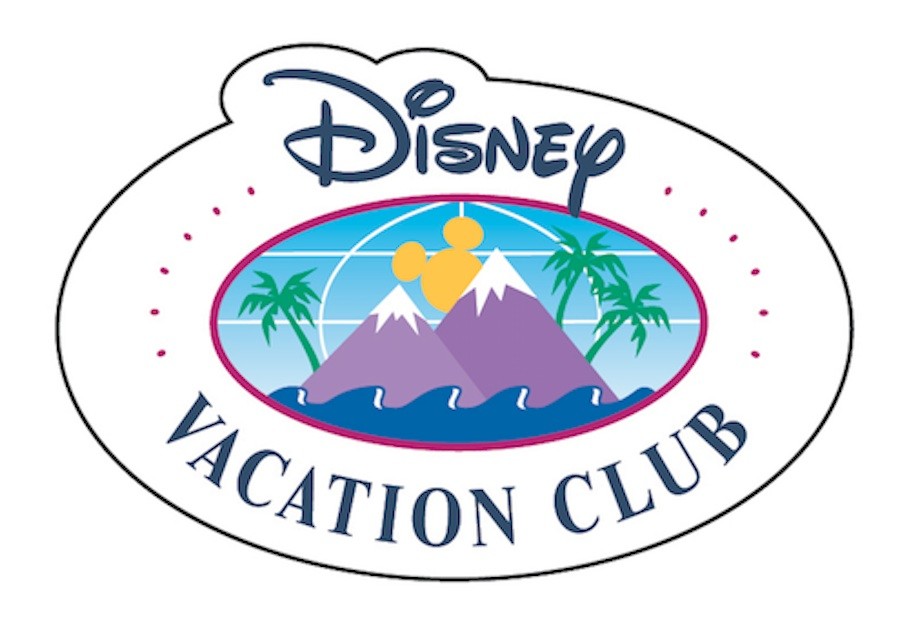

Under the original DVC program, DVC owners could book a stay at any of the 14 participating resorts. A person who technically has an ownership interest at Disney’s Old Key West Resort could still book a room at Disney’s Beach Club Villas or Disney’s Animal Kingdom Villas, and so on.
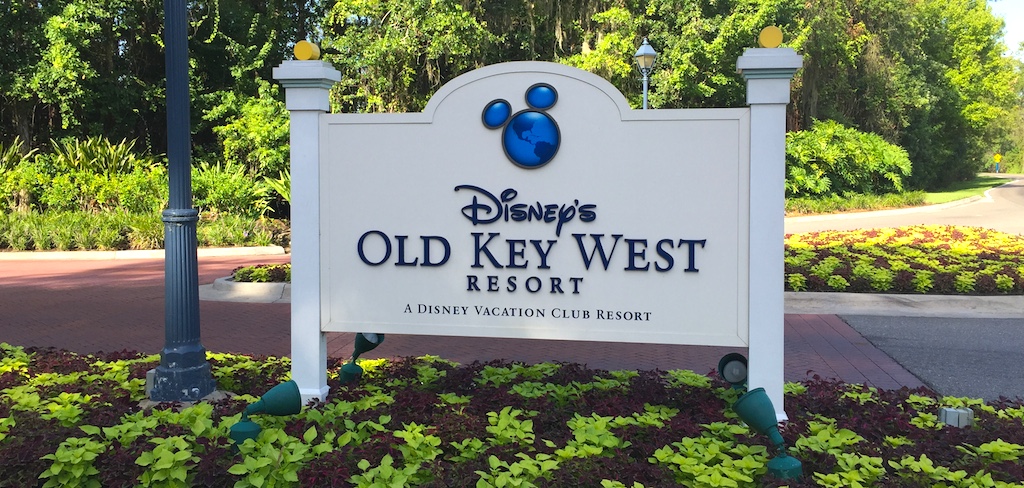

Photo Credit: TouringPlans.com
The only catch is that DVC members have a longer window to book their home resort, the place where they have an ownership interest. This window is 11 months, whereas members can book anywhere at seven months. So, you must plan your family vacation FAR ahead of time. In recent years, reserving a DVC room within the seven-month window has become problematic. DVC isn’t a program for last-minute vacationers.
The DVC Resales Problem
The program dates back to 1991, and it mostly ran smoothly for its first 20 years in operation. Over time, DVC officials ran into a problem. Since DVC ownership is technically a real estate purchase, Disney is subject to federal and state real estate laws. They couldn’t legally prevent guests from purchasing the same DVC points via a resales contract.


What’s a resales contract? You may buy DVC membership through two avenues. The more conventional way is directly through Disney, purchasing an ownership interest from an official DVC representative. The less famous way is the more economical one. You may also buy an ownership interest via resales. A third party broker, someone licensed as a real estate broker in Florida (or Hawaii or California), will see you a “used” contract.
You may wonder what a used contract is. These are DVC ownership interests that prior purchasers decided that they no longer wanted. It’s no different than someone selling a house, at least in legal terms. A person signs a contract to exchange a real estate interest that they own to an interested buyer. The party acquiring the contract pays for this ownership interest.


From Disney’s perspective, this type of DVC transaction is terrible. They don’t get any money for it. For this reason, they have a vested interest in reducing the resales market as much as possible. After doing any amount of basic research, potential DVC buyers quickly learn that resales purchases are MUCH cheaper than direct ones. A person could legitimately save thousands if not tens of thousands of dollars via resales.
The January 2019 Change
Starting in 2011, Disney has altered DVC contracts and program rules to lessen the value of the program for resales members. Their first change eliminated certain program exchanges for resales buyers, preventing them from booking Adventures by Disney and Disney Cruise Line vacations with DVC points. Since few DVC members did this anyway, it was a modest change.


In recent years, Disney has become more aggressive. In 2016, they introduced DVC Membership Cards. What they failed to mention at the same time was that they would only give these membership cards to owners who had made direct purchases. They did grandfather in previous resales owners, meaning that only people who bought after the summer of 2016 were unable to get DVC Membership Cards.
What’s the big deal about membership cards? DVC owners receive special amenities in exchange for their program participation. Some of them are food and merchandise discounts, and there’s even a special DVC Member Lounge at the Imagination! Pavilion at Epcot. Anyone without a DVC Membership Card cannot get in.
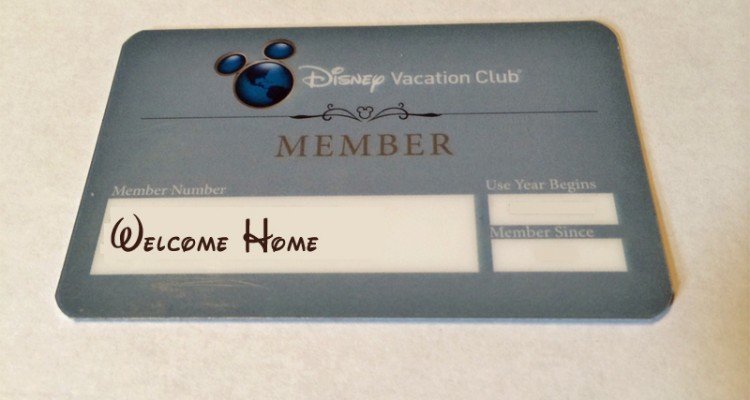

Photo Credit: DVCReport.com
On January 6th, 2019, Disney did something much more aggressive. They announced that from now on, DVC members who purchase via resales won’t get to stay at upcoming DVC resorts, only the ones currently available. This is only half of the problem.
DVC buyers who purchase a resales contract at Disney’s Riviera Resort will ONLY be able to book hotel rooms at the Riviera Resort. That’s the huge change. From now on, resales buyers will receive a much less valuable contract. Even if someone buys a resales contract for Riviera in 2022, they cannot stay in the upcoming nature-themed DVC resort, Reflections – A Disney Lakeside Lodge. Similarly, a person who buys a contract for Reflections – A Disney Lakeside Lodge cannot stay at the Riviera.


Disney has effectively destroyed the resales market for future buyers. A person who buys a resales contract at a currently unopened property will only be able to book there. Conversely, anyone who buys directly can book a room at any DVC property.
Putting this in different terms, a resales owner at the Riviera only has a few hundred possible rooms to book. They’re competing for those rooms against literally hundreds of thousands of owners who can book those rooms, too. Yes, resales owners at Reflections – A Disney Lakeside Lodge and Disney’s Riviera Resort could feasibly get shut out from booking at the only place where they can stay.

The Simplest Solution
What does this change mean to Disney customers? There’s a straightforward conclusion to draw. The Disney Vacation Club is no longer a smart purchase. In tandem with the shift in the DVC resales program, Disney increased the prices for direct purchase points at all 14 DVC properties.
Direct buy-in for DVC members will cost at least $10,000 if not much more. Plus, you must pay annual maintenance fees that are generally at least $6.27 per point. You’d pay $627 each year for a 100-point contract, just for maintenance fees!


As for DVC resales, the 2019 change is a deal-breaker for new buyers. Current DVC resale owners do get grandfathered in, as long as they own a Disney Vacation Club contract by January 19, 2019. Everyone else is out of luck. Disney has effectively created a second class of DVC owners, ones who have a vastly inferior ownership interest.
At this point, the safest play is to ignore DVC entirely and book the smart way. The best tactic is to use a qualified Disney travel agent such as the specialists at MickeyTravels. They’ll know the most economical ways to book a Disney vacation, and their service is free to you. You’ll never have to pay hidden fees like annual maintenance dues.


You also don’t need to book 7-11 months ahead of time, one of the sticking points of DVC ownership. Since Disney just turned the Disney Vacation Club into a program that caters to the one-percent almost exclusively, it’s no longer a viable way to save money on a family vacation. A hotel package booked by a Disney travel agent is a much more reliable strategy now.


